Plastics
Elecfit - Smart Automation involves the use of automated systems and technologies to streamline various processes in the production of plastic products. Automation in plastics manufacturing can enhance efficiency, reduce labour costs, improve product quality, and ensure consistency in production. Here are key aspects of plastics manufacturing automation:
Injection Moulding AutomationAutomated injection moulding machines that can handle the precise injection of molten plastic into moulds to produce plastic parts. Automation in this process includes mould loading and unloading, part ejection, and quality inspection. | Extrusion AutomationAutomated extrusion lines for producing continuous plastic profiles, sheets, or films. Automation can include material feeding, temperature control, die adjustments, and product cutting. | Blow Moulding AutomationAutomated blow moulding machines for producing hollow plastic products, such as bottles or containers. Automation in blow moulding includes parison control, meld handling, and product removal. | Robotic Systems in ManufacturingIntegration of robots for tasks like material handling, part assembly, and packaging. Robots can assist in complex and repetitive tasks, improving efficiency and precision. |
Material Handling and Conveying SystemsAutomated systems for handling and conveying raw materials, additives, and finished products within the manufacturing facility. This includes conveyors, automated guided vehicles (AGVs), and robotic arms. | Quality Control SystemsAutomated inspection and quality control systems using sensors, cameras, and machine vision technology to identify defects and ensure product quality. | Die Changes and Tooling AutomationAutomated systems for changing dies and tooling in various processes like injection moulding or extrusion, reducing downtime and increasing overall productivity. | Material Blending and DosingAutomated systems for precisely blending and dosing different materials and additives in the manufacturing process to achieve the desired material properties. |
Data Monitoring and AnalyticsIntegration of sensors and data analytics tools to monitor and analyse production processes in real-time. This data-driven approach helps optimize manufacturing efficiency and identify areas for improvement. | Customization and PersonalizationAutomation systems that allow for the customization of plastic products, such as colour variations or special features, without significantly affecting production efficiency. | Energy Management SystemsImplementation of systems to monitor and optimize energy consumption within the manufacturing facility, contributing to sustainability and cost reduction. | Integration with MES (Manufacturing Execution Systems)Implementation of MES for real-time monitoring, production scheduling, and overall control of the manufacturing process. MES helps coordinate different aspects of production for improved efficiency. |
Injection Moulding Maintenance
For maintaining an injection moulding factory, specialized electrical services are essential to ensure the continuous and efficient operation of the machinery. Here are specific electrical services that Elecfit – Smart Automation might offer for maintaining an injection moulding factory:
|
|
By offering these services tailored to injection moulding factories, Elecfit – Smart Automation can contribute to the reliability, safety, and efficiency of the production processes.
This industry-specific approach ensures that the unique electrical needs of injection moulding equipment are addressed, minimizing disruptions, and optimizing overall factory performance.
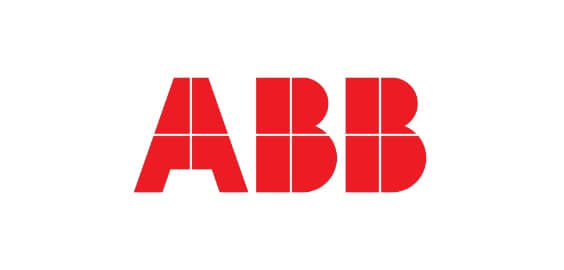 | 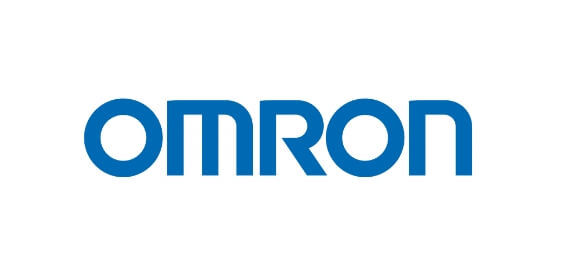 | 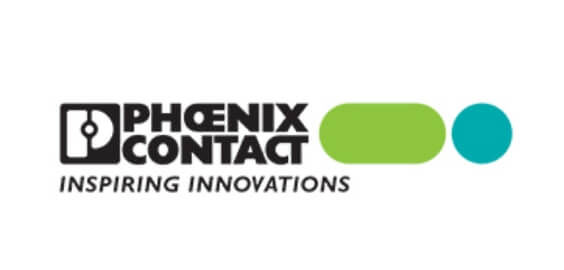 |  |
 | 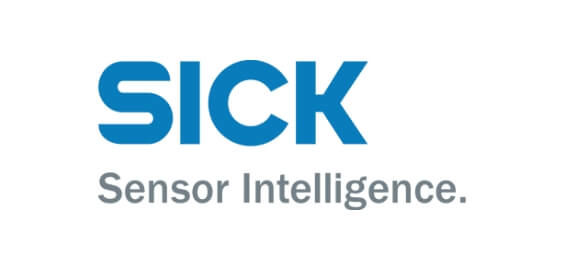 | 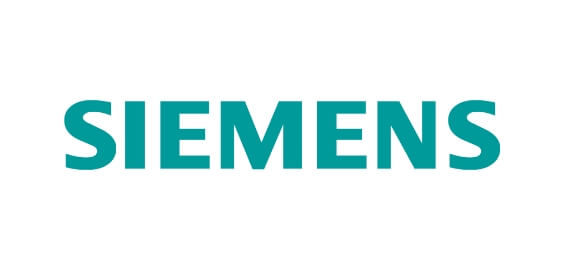 | 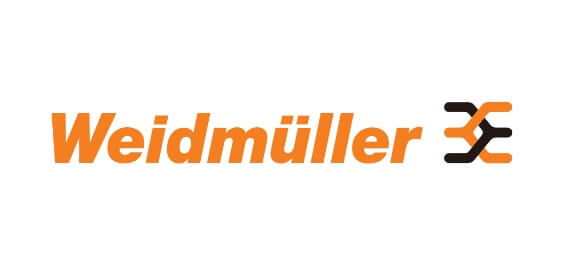 |